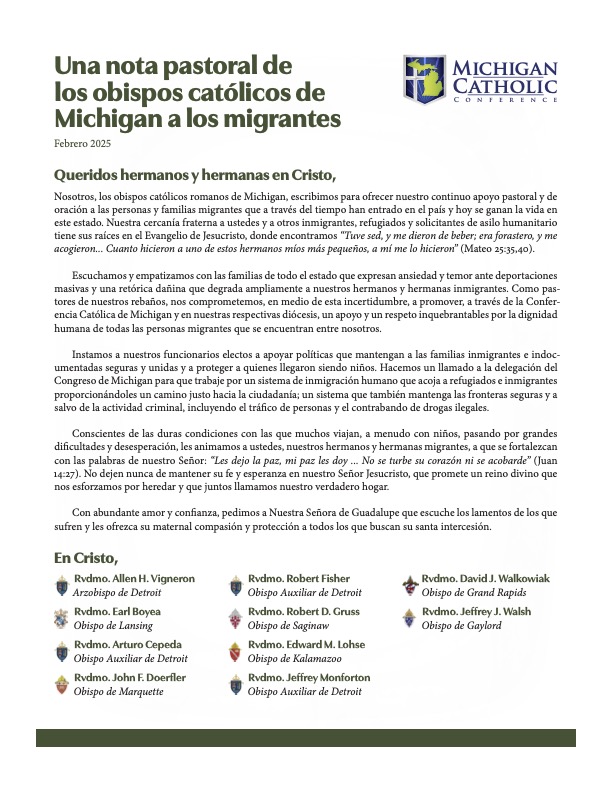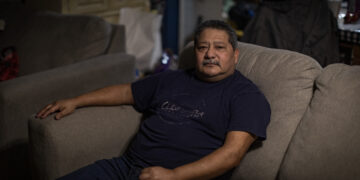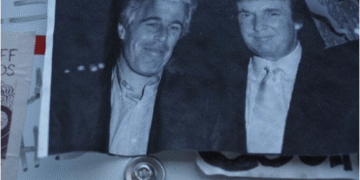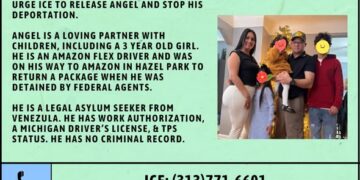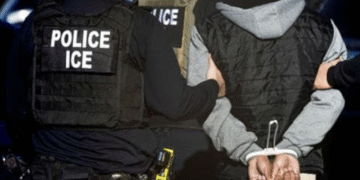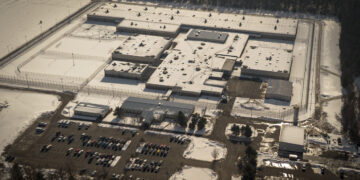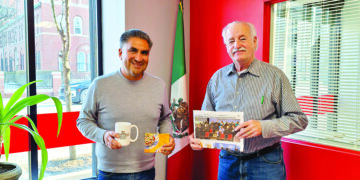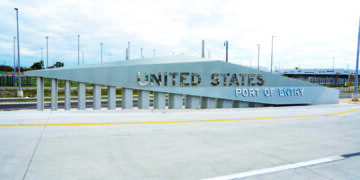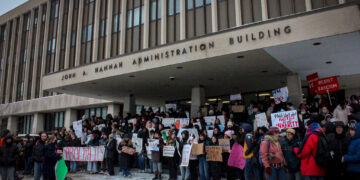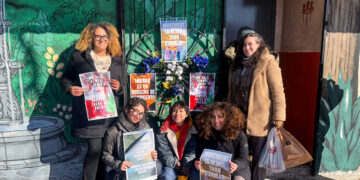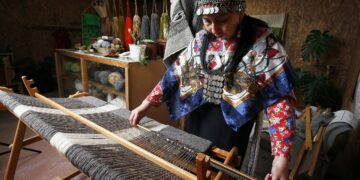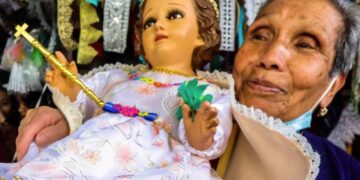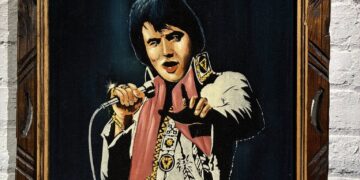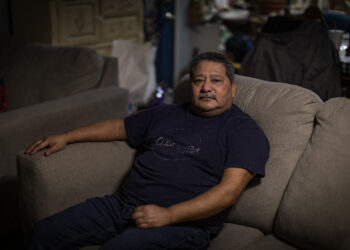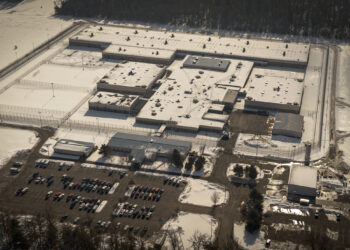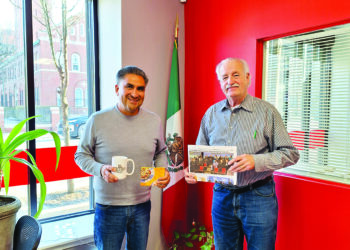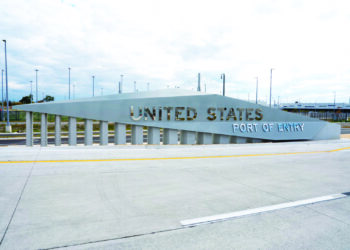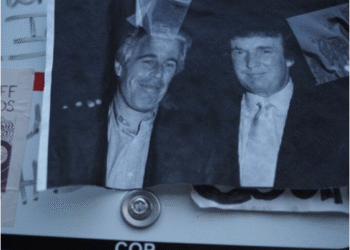What can and should Catholics be doing to resist President Donald Trump’s “mass deportation” efforts? The answer is twofold: We should take practical steps to protect migrants and we should creatively preach what the church teaches.
Bishops need to make sure that leaders and staff at every Catholic parish, every Catholic school, every Catholic hospital and every Catholic charitable agency have been briefed on what to do if there is a raid by Immigration and Customs Enforcement (ICE) officers. Those leaders need to make sure every staff member knows what to do and, just as importantly, what not to do.
Catholic buildings are private property and the government is not allowed on them without a warrant. A judicial warrant, not an administrative one, should be demanded before granting access. If the government agents have a warrant to arrest someone, that someone should be asked to turn themselves in, which could prevent a raid of the entire building and round-up of people who are not listed on the warrant. If ICE agents or other law enforcement officials commence a search, everyone should hand them a “red card” or tarjetas rojas which can help a migrant assert his or her rights to law enforcement officials without offering any compromising information.
Bishops also need to work the phones. Republican members of Congress and local and state officials need to hear from key constituencies that these mass deportations are harming them. Most bishops have wealthy people on their finance boards and some of those rich folk are Republican donors. Ask them to call office holders whose campaigns they donated money to and speak up on behalf of migrants.
If you are in a blue state, and the members of Congress are Democrats, ask the Republican-leaning business people to contact the Chamber of Commerce, or the National Restaurant Association, or other business associations that donate to the Republican Party and voice our Catholic concerns to them.
Priests can help organize their parishes along the lines outlined above, but they can also use their pulpits to preach about the church’s teaching. There is no reason to make it personal. The pulpit is never a place to attack anyone in a partisan way. Preachers addressing this topic should always state that church teaching acknowledges the right of a nation to regulate migration, and that both parties are to blame for the fact that our immigration system is broken. The question is how to fix it in ways that are true to our Catholic Church’s bedrock commitments to human dignity, solidarity, the common good and subsidiarity.
Depending on the parish, a lot of priests can also use the pulpit for a little local history lesson. If I go to the vigil Mass, it is at St. Joseph’s Church, built by Irish migrant workers after the Civil War. If I go on Sunday morning, I usually attend St. Mary’s Church, located about 300 yards from St. Joseph’s. It was built by French migrant workers in the first decade of the 20th century.
A third church completes the parish, Sagrada Corazon, consecrated in the 1970s. Interestingly, only Sagrada Corazon was not built by people who were not yet citizens. The Latino community in our area was mostly Puerto Rican in the 1970s and Puerto Ricans are already U.S. citizens. I am sure other churches in other cities tell similar tales.
“How many of you have gotten a parking ticket because you forgot to feed the meter?” That is how I would begin a sermon this coming Sunday. Being in the U.S. without proper documentation is a civil, not a criminal, violation, just like a parking ticket. If we get caught, we pay a fine, but we don’t get deported! Or thrown into a detention center.
The most important thing preaching must accomplish in the next few weeks is to make clear who is being punished in these raids. When “border czar” Tom Homan or Vice President JD Vance give an interview, they always dwell on the threat posed by “violent criminals.” But, when they are pressed on the fact that these raids also extend to people who have not committed any violent crime, they fall back on the fact that being in the country without proper documentation is itself against the law. That’s true. But the punishment of deportation is incommensurate to the violation.
Trump, Vance and Homan want all Americans to think of the Venezuelan immigrant who murdered Laken Riley when we think of migrants. The symbolism of Trump signing the Laken Riley Act as the first piece of legislation passed during his second term was powerful. People in the pews need to be reminded that every group of people, including migrants, has its share of bad apples, but that most undocumented migrants are busy doing the jobs no one else wants to do: picking strawberries, working a meat packing plant, washing dishes in a restaurant, landscaping. Migrants do the backbreaking jobs. They are our neighbors. They are parents with children in our schools. They are in the pews next to us.
As for laity? As I noted the other day, the Catholic Legal Immigration Network is overstretched and the Laken Riley Act only makes their job harder. Catholics can send CLINIC some money or ask their priest to conduct a second collection. Catholics can also support Catholic Charities in its work with migrants. And, if you are a parent with a kid in a Catholic school, ask the principal if there is a student whose parents may not have their papers and, so, shouldn›t be walking or driving their kid to school. ICE can pick people up off the street, and bringing a child to and from school might be an enormous help.
“Be wise as serpents and innocent as doves,” Jesus told his disciples (Mt 10:16). A lot of friends want to be “prophetic” and denounce the Trump administration. There is a time and a place for that, but now is a time to be effective not performative. The Catholic Church at every level should do what it can to protect migrants and to reframe the public conversation by humanizing the innocent victims of these indiscriminate raids.
Michael Sean Winters is the author of Left At the Altar: How Democrats Lost The Catholics And How Catholics Can Save The Democrats (Basic Books, 2008). His biography of the Rev. Jerry Falwell, God’s Right Hand: How Jerry Falwell Made God a Republican and Baptized the American Right was published by Harper One in January 2012 to critical acclaim.
The opinions expressed in this column are not necessarily those of the Publisher or Editor of EL CENTRAL Hispanic News. Do you have a contrary opinion? Write us at info@elcentralmedia.com.
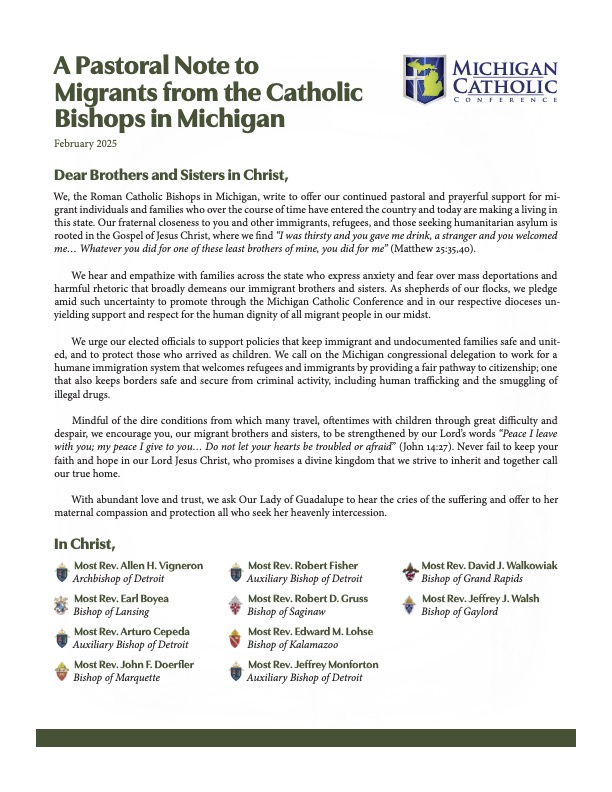
¿Cómo debe la Iglesia Católica afrontar las deportaciones masivas?
¿Qué pueden y deben hacer los católicos para resistir los intentos de “deportación masiva” del presidente Donald Trump? La respuesta es doble: debemos tomar medidas prácticas para proteger a los migrantes y debemos predicar de manera creativa lo que enseña la Iglesia.
Los obispos deben asegurarse de que los líderes y el personal de cada parroquia, escuela, hospital y agencia caritativa católica hayan recibido información sobre qué hacer si los agentes del Servicio de Inmigración y Control de Aduanas (ICE) realizan una redada. Esos líderes deben asegurarse de que todos los miembros del personal sepan qué hacer y, lo que es igual de importante, qué no hacer.
Los edificios católicos son propiedad privada y el gobierno no puede ingresar a ellos sin una orden judicial. Se debe exigir una orden judicial, no administrativa, antes de permitir el acceso. Si los agentes del gobierno tienen una orden para arrestar a alguien, se le debe pedir a esa persona que se entregue, lo que podría evitar una redada en todo el edificio y la captura de personas que no están en la lista de la orden. Si los agentes del ICE u otros funcionarios encargados de hacer cumplir la ley comienzan una búsqueda, todos deben entregarles una “ tarjeta roja “ que puede ayudar a un migrante a hacer valer sus derechos ante los funcionarios encargados de hacer cumplir la ley sin ofrecer ninguna información comprometedora.
Los obispos también necesitan hablar por teléfono. Los miembros republicanos del Congreso y los funcionarios locales y estatales necesitan escuchar de los electorados clave que estas deportaciones masivas los están perjudicando. La mayoría de los obispos tienen gente adinerada en sus juntas financieras y algunos de esos ricos son donantes republicanos. Pídales que llamen a los funcionarios a cuyas campañas donaron dinero y hablen en nombre de los inmigrantes.
Si usted está en un estado azul y los miembros del Congreso son demócratas, pídale a los empresarios de tendencia republicana que se comuniquen con la Cámara de Comercio, la Asociación Nacional de Restaurantes u otras asociaciones empresariales que donan al Partido Republicano y les expresen nuestras preocupaciones católicas.
Los sacerdotes pueden ayudar a organizar sus parroquias en los términos que hemos esbozado, pero también pueden utilizar sus púlpitos para predicar sobre las enseñanzas de la Iglesia. No hay razón para hacerlo personal. El púlpito nunca es un lugar para atacar a nadie de manera partidista. Los predicadores que aborden este tema siempre deben afirmar que las enseñanzas de la Iglesia reconocen el derecho de una nación a regular la migración, y que ambas partes son culpables del hecho de que nuestro sistema de inmigración esté roto. La cuestión es cómo arreglarlo de maneras que sean fieles a los compromisos fundamentales de nuestra Iglesia Católica con la dignidad humana, la solidaridad, el bien común y la subsidiariedad.
Dependiendo de la parroquia, muchos sacerdotes también pueden usar el púlpito para dar una pequeña lección de historia local. Si voy a la misa de vigilia, es en la iglesia de San José , construida por trabajadores inmigrantes irlandeses después de la Guerra Civil. Si voy el domingo por la mañana, suelo asistir a la iglesia de Santa María, situada a unos 300 metros de San José. Fue construida por trabajadores inmigrantes franceses en la primera década del siglo XX.
Una tercera iglesia completa la parroquia, Sagrada Corazón, consagrada en los años 70. Curiosamente, sólo la Sagrada Corazón no fue construida por personas que todavía no eran ciudadanos. La comunidad latina de nuestra zona era mayoritariamente puertorriqueña en los años 70 y los puertorriqueños ya son ciudadanos estadounidenses. Estoy seguro de que otras iglesias en otras ciudades cuentan historias similares.
“¿Cuántos de ustedes han recibido una multa de estacionamiento por olvidarse de cargar el parquímetro?” Así es como comenzaría un sermón el próximo domingo. Estar en los Estados Unidos sin la documentación adecuada es una infracción civil, no penal, al igual que una multa de estacionamiento. Si nos atrapan, pagamos una multa, ¡pero no nos deportan! Ni nos arrojan a un centro de detención.
Lo más importante que debe lograr la predicación en las próximas semanas es dejar en claro quiénes son los que son castigados en estas redadas. Cuando el “zar de la frontera” Tom Homan o el vicepresidente JD Vance dan una entrevista, siempre se centran en la amenaza que representan los “criminales violentos”. Pero, cuando se les presiona sobre el hecho de que estas redadas también se extienden a personas que no han cometido ningún delito violento, se escudan en el hecho de que estar en el país sin la documentación adecuada es en sí mismo contra la ley. Eso es cierto. Pero el castigo de la deportación es desproporcionado a la violación.
Trump, Vance y Homan quieren que todos los estadounidenses piensen en el inmigrante venezolano que asesinó a Laken Riley cuando pensamos en los inmigrantes. El simbolismo de que Trump firmara la Ley Laken Riley como la primera pieza legislativa aprobada durante su segundo mandato fue poderoso. Es necesario recordar a los que están en las bancas de las iglesias que todos los grupos de personas, incluidos los inmigrantes, tienen su cuota de manzanas podridas, pero que la mayoría de los inmigrantes indocumentados están ocupados haciendo los trabajos que nadie más quiere hacer: recoger fresas, trabajar en una planta empacadora de carne, lavar platos en un restaurante, hacer jardinería. Los inmigrantes hacen los trabajos agotadores. Son nuestros vecinos. Son padres con hijos en nuestras escuelas. Están en las bancas de las iglesias junto a nosotros.
¿Y los laicos? Como señalé el otro día, la Red Católica de Inmigración Legal está sobrecargada y la Ley Laken Riley sólo hace que su trabajo sea más difícil. Los católicos pueden enviar dinero a CLINIC o pedirle a su sacerdote que realice una segunda colecta. Los católicos también pueden apoyar a Catholic Charities en su trabajo con los inmigrantes. Y, si usted es un padre con un niño en una escuela católica, pregúntele al director si hay un estudiante cuyos padres no tengan sus papeles y, por lo tanto, no deberían caminar o llevar a su hijo a la escuela. El ICE puede recoger a personas en la calle, y llevar y traer a un niño de la escuela puede ser de enorme ayuda.
“Sed prudentes como serpientes y sencillos como palomas”, dijo Jesús a sus discípulos (Mt 10,16). Muchos amigos quieren ser “proféticos” y denunciar a la administración Trump. Hay un momento y un lugar para eso, pero ahora es el momento de ser efectivos, no performativos. La Iglesia católica en todos los niveles debe hacer lo que pueda para proteger a los migrantes y replantear el debate público humanizando a las víctimas inocentes de estas redadas indiscriminadas.
Michael Sean Winters es el autor de Left At the Altar: How Democrats Lost The Catholics And How Catholics Can Save The Democrats (Basic Books, 2008). Su biografía del reverendo Jerry Falwell, God’s Right Hand: How Jerry Falwell Made God a Republican and Baptized the American Right (La mano derecha de Dios: cómo Jerry Falwell hizo de Dios un republicano y bautizó a la derecha estadounidense), fue publicada por Harper One en enero de 2012 y recibió elogios de la crítica.
Las opiniones expresadas en esta columna no son necesariamente las del editor o redactor de EL CENTRAL.
¿Tienes una opinión contraria? Escríbenos a info@elcentralmedia.com
